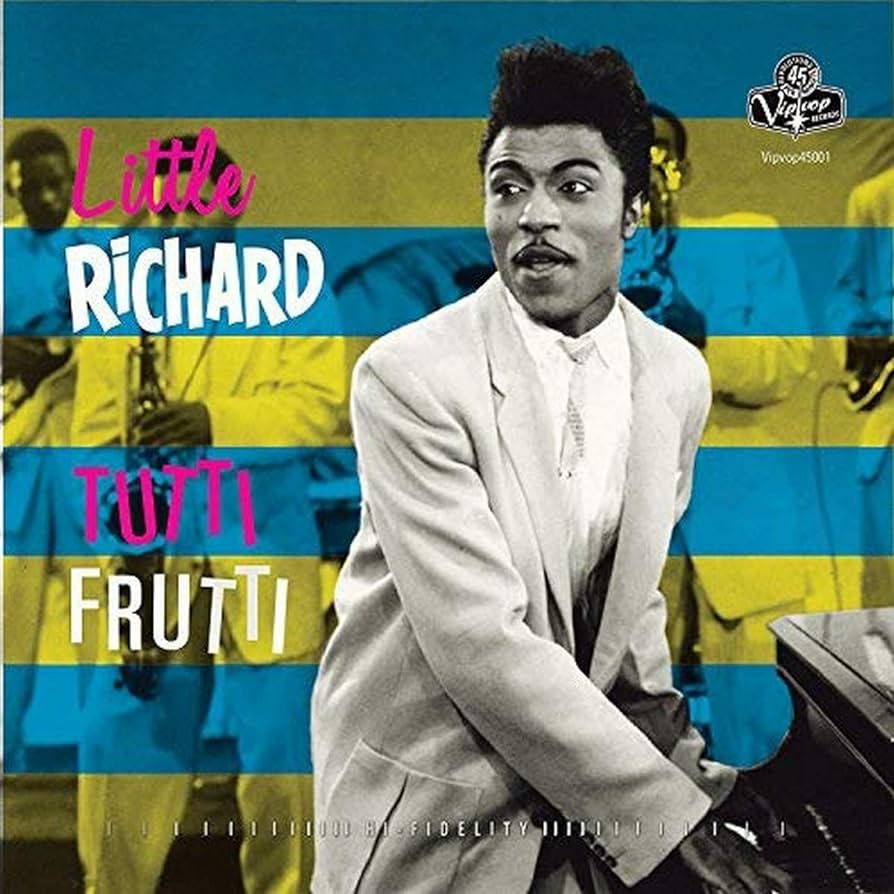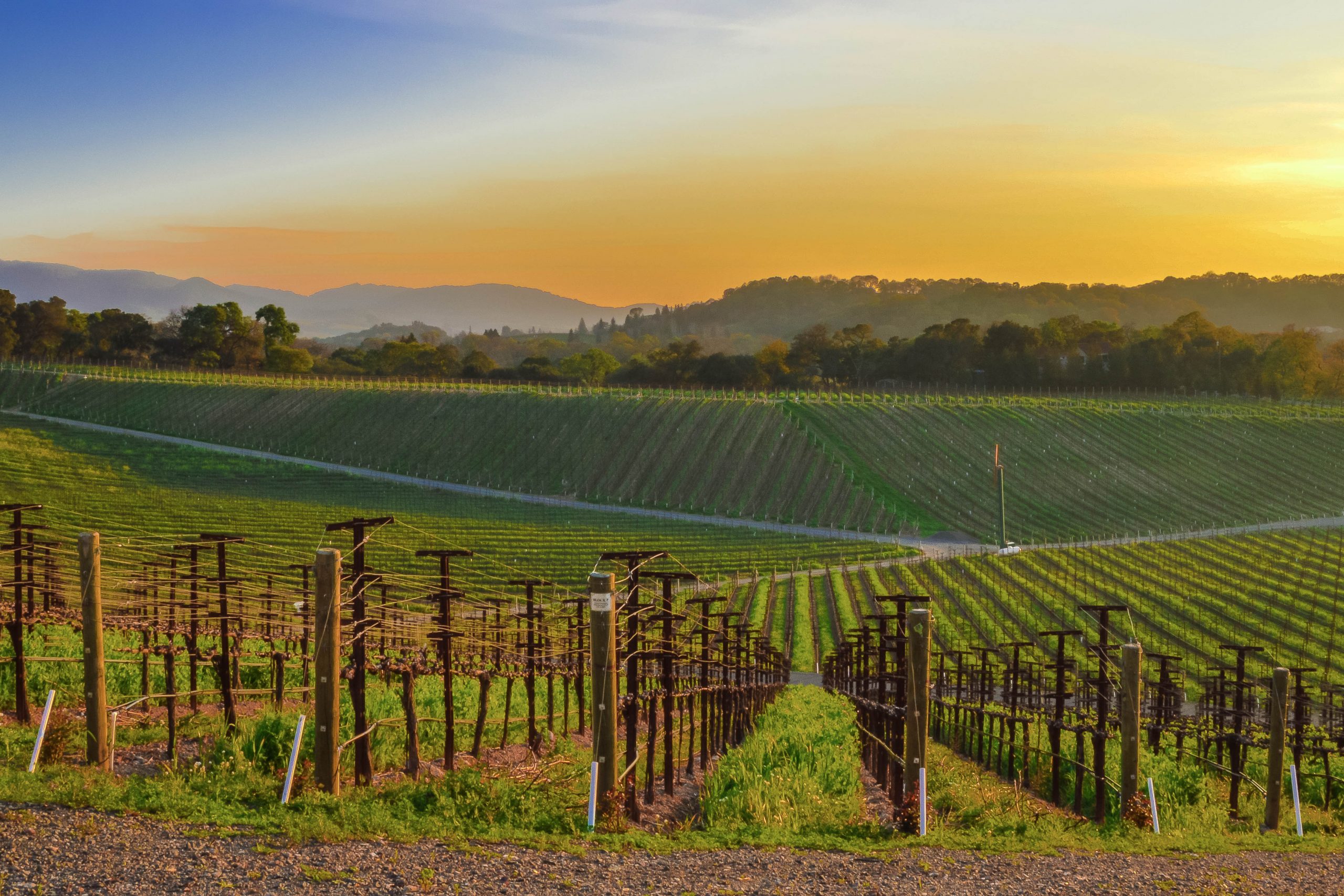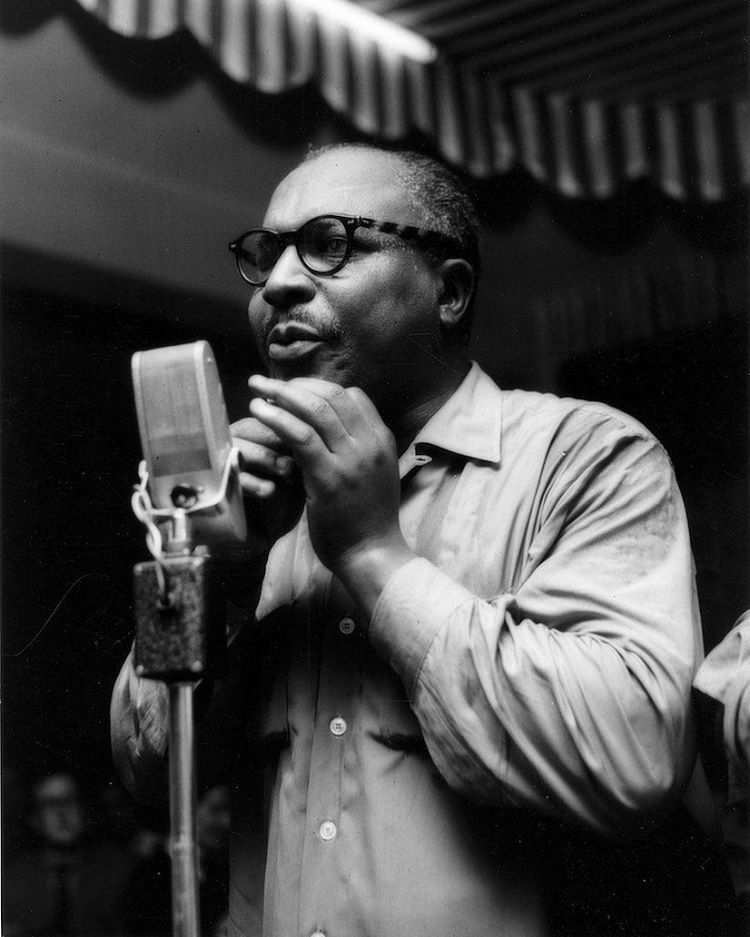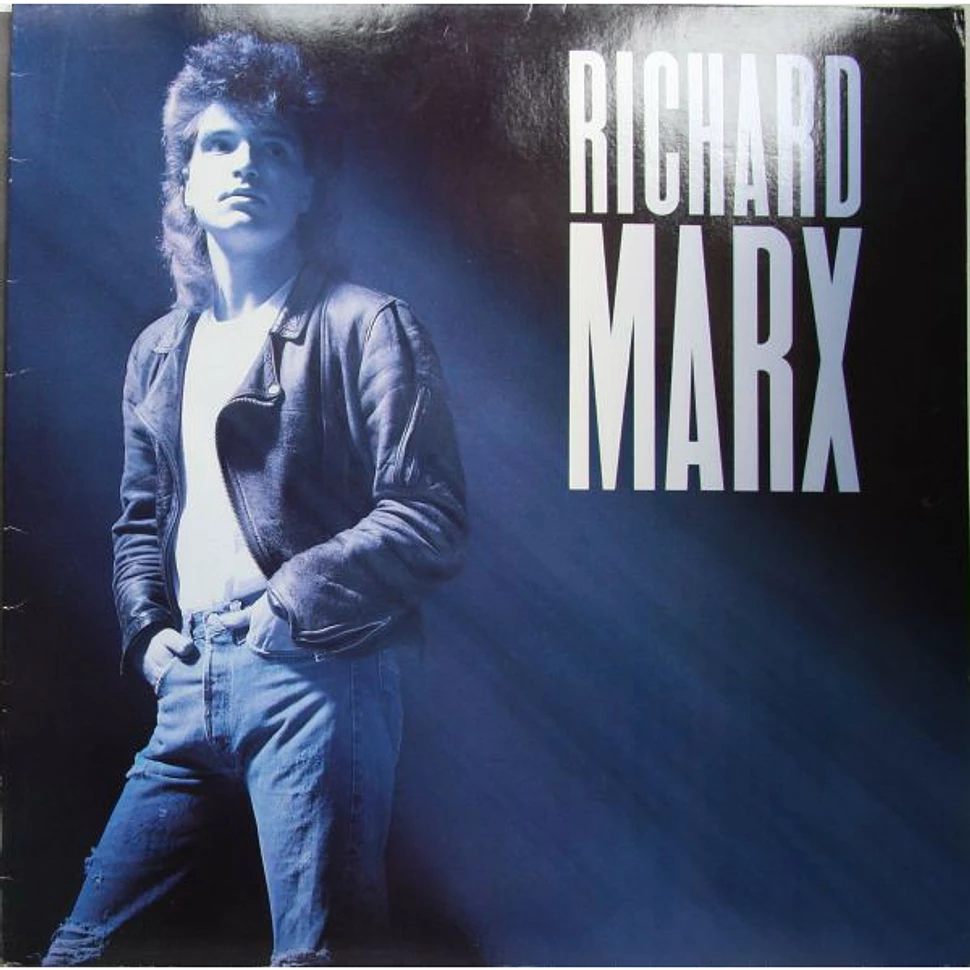我的频道 - Favorite songs

Tutti Frutti (italienisch für "alle Früchte") ist ein Song von Little Richard und Dorothy LaBostrie, der 1955 aufgenommen wurde und sein erster großer Hit war. Mit seinem energiegeladenen Refrain, der oft als "A-wop-bop-a-loo-mop-a-lop-bam-boom!" (eine verbale Wiedergabe eines Schlagzeugmusters, das sich Little Richard ausgedacht hatte), seinem treibenden Sound und seinem wilden Text wurde der Song nicht nur zum Vorbild für viele zukünftige Little-Richard-Songs, sondern auch für den Rock 'n' Roll selbst. Der Song führte einige der charakteristischsten musikalischen Merkmale der Rockmusik ein, darunter die laute Lautstärke, der kraftvolle Gesangsstil und der unverwechselbare Beat und Rhythmus.

1. From this valley they say you are going, I will miss your bright eyes and sweet smile, For they say you are taking the sunshine, that brightens our pathways awhile. (CHORUS) Come and sit by my side if you love me, do not hasten to bid me a-dieu, but remember the Red River Valley, and the cowboy who loved you so true.
2. I’ve been thinking a long time, my darlin’, Of the sweet words you never would say, now, alas, all my fond hopes must vanish. For they say you are going away. Repeat Chorus: Come and sit by my side if you love me, do not hasten to bid me a-dieu, but remember the Red River Valley, and the cowboy who loved you so true.
3. Do you think of the valley you’re leaving? Oh, how lonely and sad it will be! Do you think of the kind hearts you’re breaking, and the pain you are causing to me? Repeat Chorus: Come and sit by my side if you love me, do not hasten to bid me a-dieu, but remember the Red River Valley, and the cowboy who loved you so true.
4. I have promised you, darlin’, that never, will a word from my lips cause you pain; And my life, it will be yours forever If you only will love me again. Repeat Chorus: Come and sit by my side if you love me, do not hasten to bid me a-dieu, but remember the Red River Valley, and the cowboy who loved you so true.

Hallelujah ist eine Komposition für vierstimmigen Chor und Orchester von Georg Friedrich Händel (1685–1759). Er schrieb das Musikstück 1741 in London als Teil seines Oratoriums Messiah („Messias“). Heute gehört es zu den bekanntesten musikalischen Werken überhaupt.












